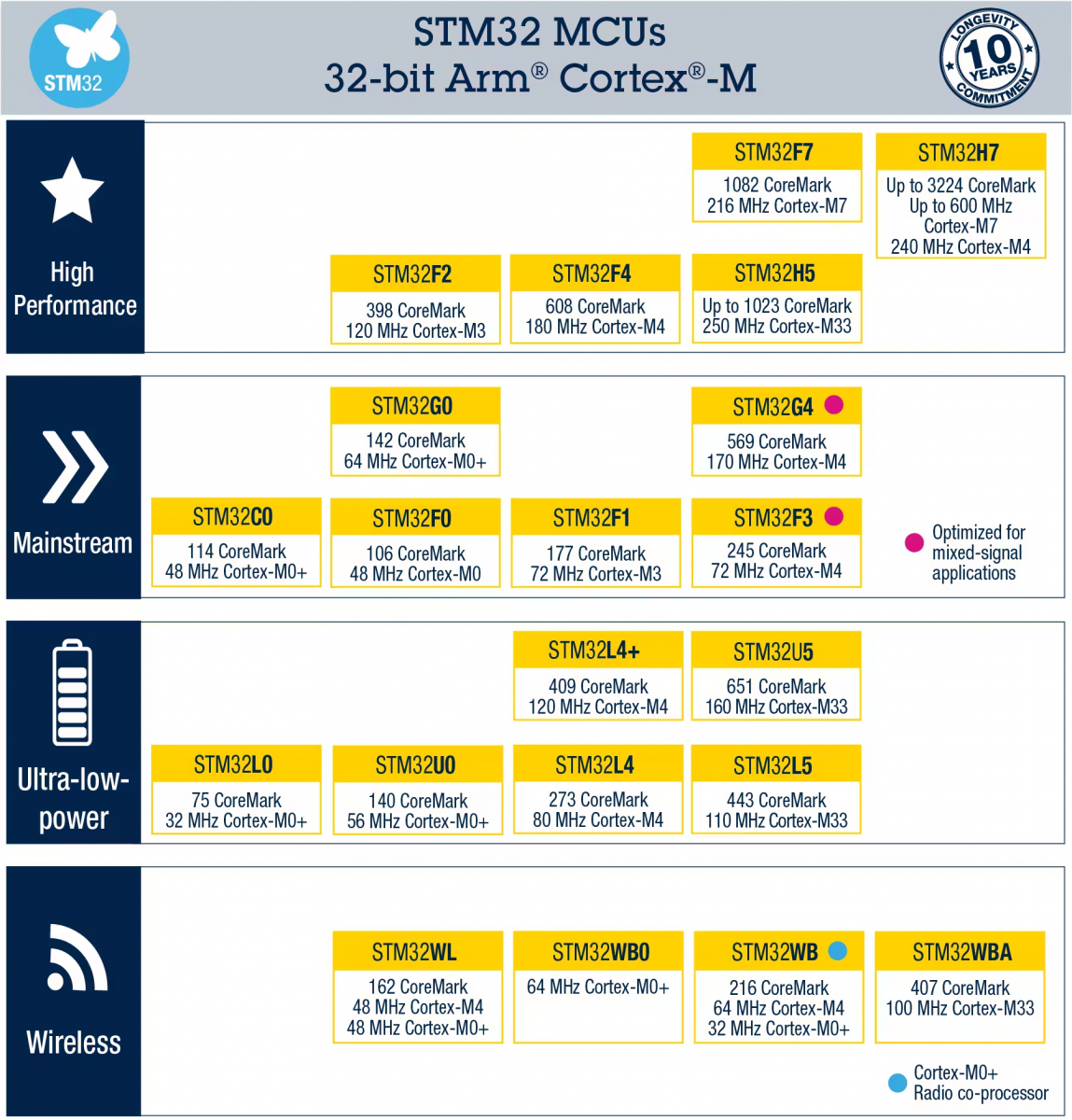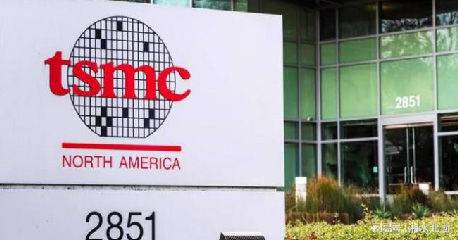![]()
After the United States introduced the strictest export controls on the semiconductor industry to China in October, Japanese media reported that the Biden administration asked allies such as Japan to take the same control measures.
According to a report by Japan's Nikkei Chinese website on Wednesday (November 2), an anonymous relevant source of the Japanese government revealed that after receiving relevant inquiries from the United States, it has coordinated within the government to discuss what content in the United States' control of China can be imitated. The relevant person also said that Japan will also observe the movements of the European Union and South Korea.
The U.S. Commerce Department on Oct. 7 released measures to broadly restrict transactions with China, targeting cutting-edge technologies such as supercomputers. Not only the semiconductors themselves, but also manufacturing equipment, design software, and talent are licensed.
The report said that the United States urged allies to implement export controls on high-performance semiconductor-related components, etc. At the same time, it may also widely require allies to maintain a consistent pace in areas including semiconductor manufacturing equipment, technicians involved in production and research and development.
"The allies are well aware that we want them to do the same," Alan Estevez, the U.S. undersecretary of commerce for export management, was quoted as saying in a speech on Oct. 27.
Japan's Minister of Economy, Trade and Industry Yasunori Nishimura said at a press conference on Tuesday (November 1) on the control of China, "We are communicating with the United States and will listen to the opinions of domestic companies based on the communication situation."
If Japan chooses to adopt the same control measures as the United States, the impact of Sino-US confrontation will be further strengthened for Japan's semiconductor industry, and semiconductor companies are also increasing their vigilance. As of now, the content of the regulation has not yet been determined, and many Japanese-related companies, including Nikon, are also "evaluating in detail the impact on their business."
According to the report, a large Japanese semiconductor manufacturing equipment company expressed concern: "If China's cutting-edge semiconductor production stalls, the demand for the latest high-value-added manufacturing equipment that Japan has an advantage will weaken."
The market size of semiconductor equipment in the Chinese mainland market will be about US$22 billion (about S$31 billion) in 2022, second only to Taiwan and South Korea, accounting for 22% of the global total; if the huge Chinese market business opportunities are limited, The impact on corporate performance will intensify.
Affected by new U.S. regulations, U.S. manufacturing equipment giant Applied Materials Inc lowered its operating income forecast for the August-October period this year. In addition, American technicians working in China's cutting-edge semiconductor factories have begun to return to China, and ASML, a Dutch semiconductor manufacturing equipment company, has also asked American employees to stop providing services to Chinese customers.




